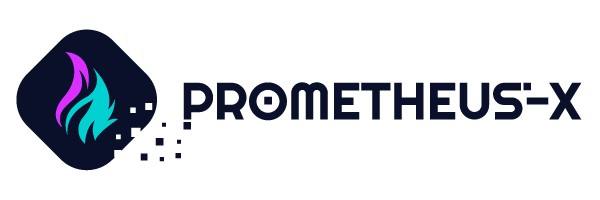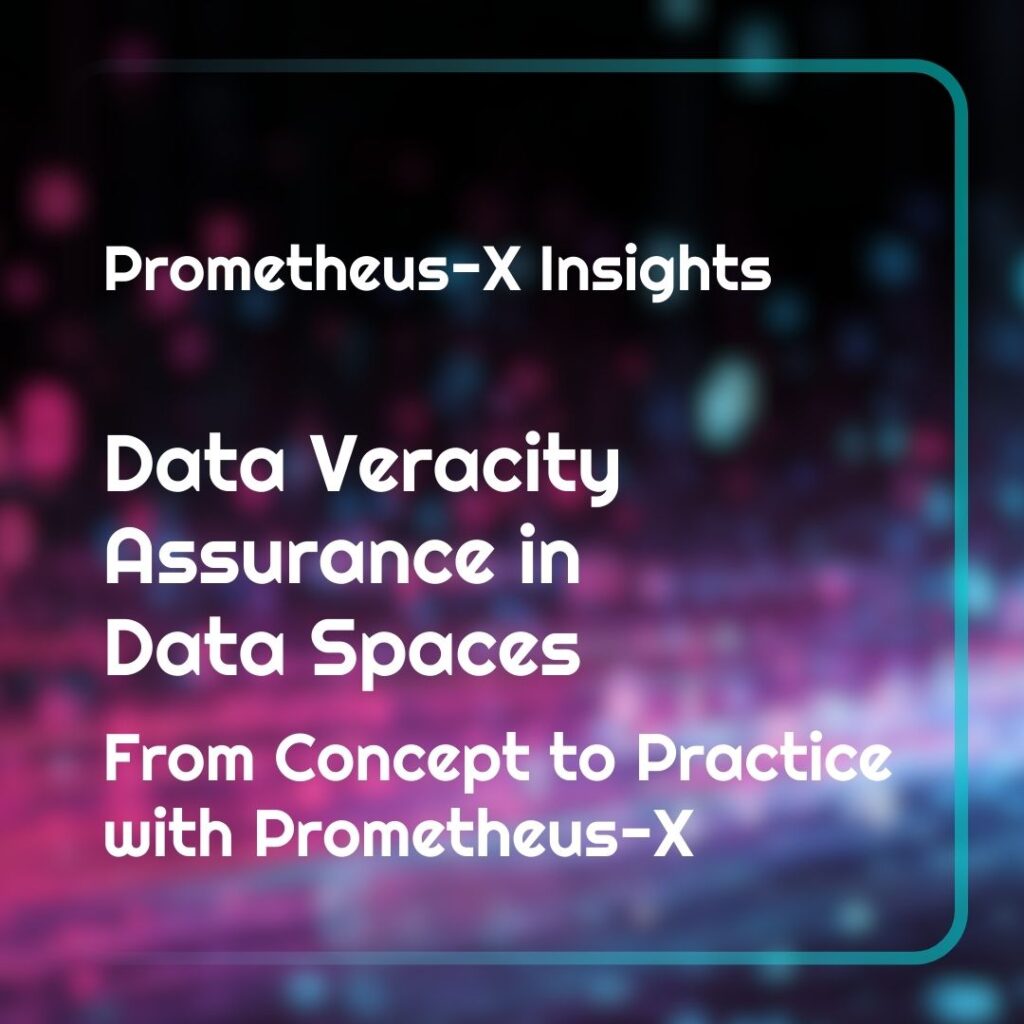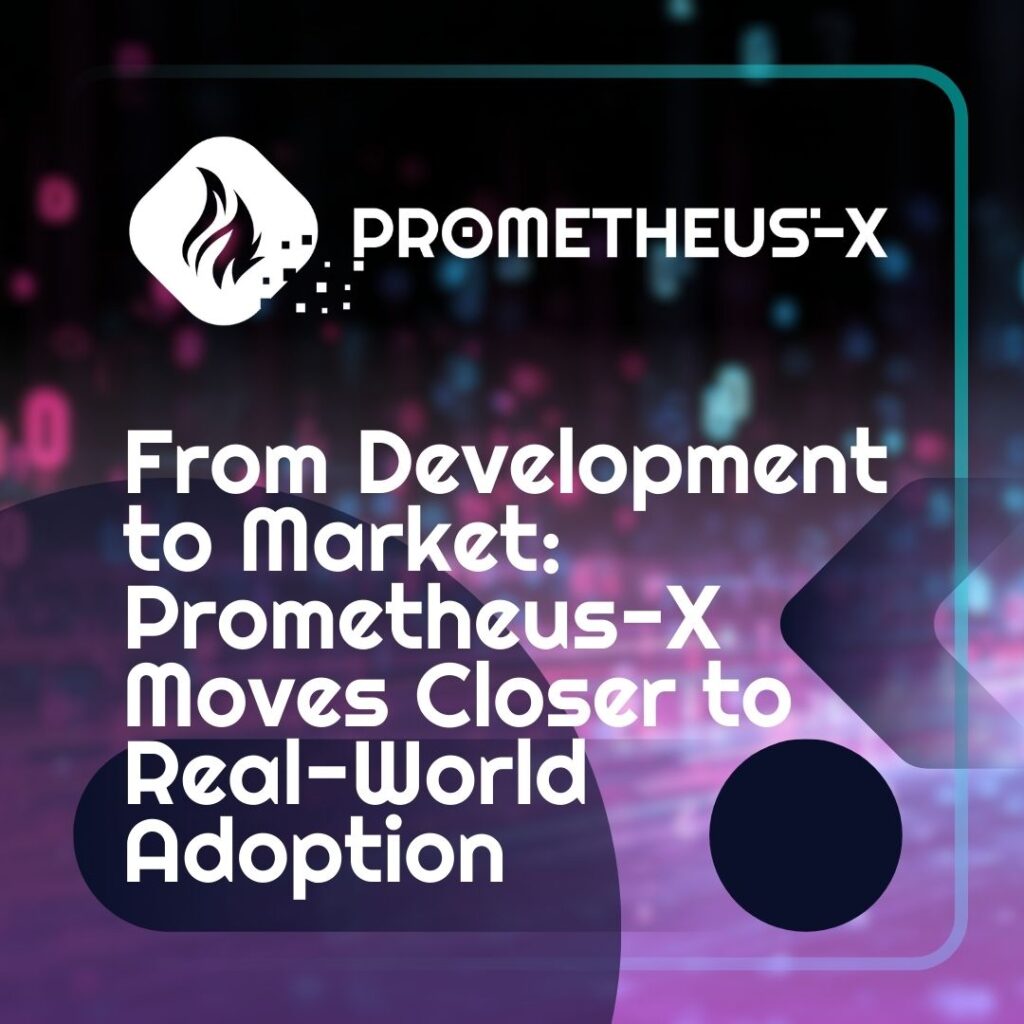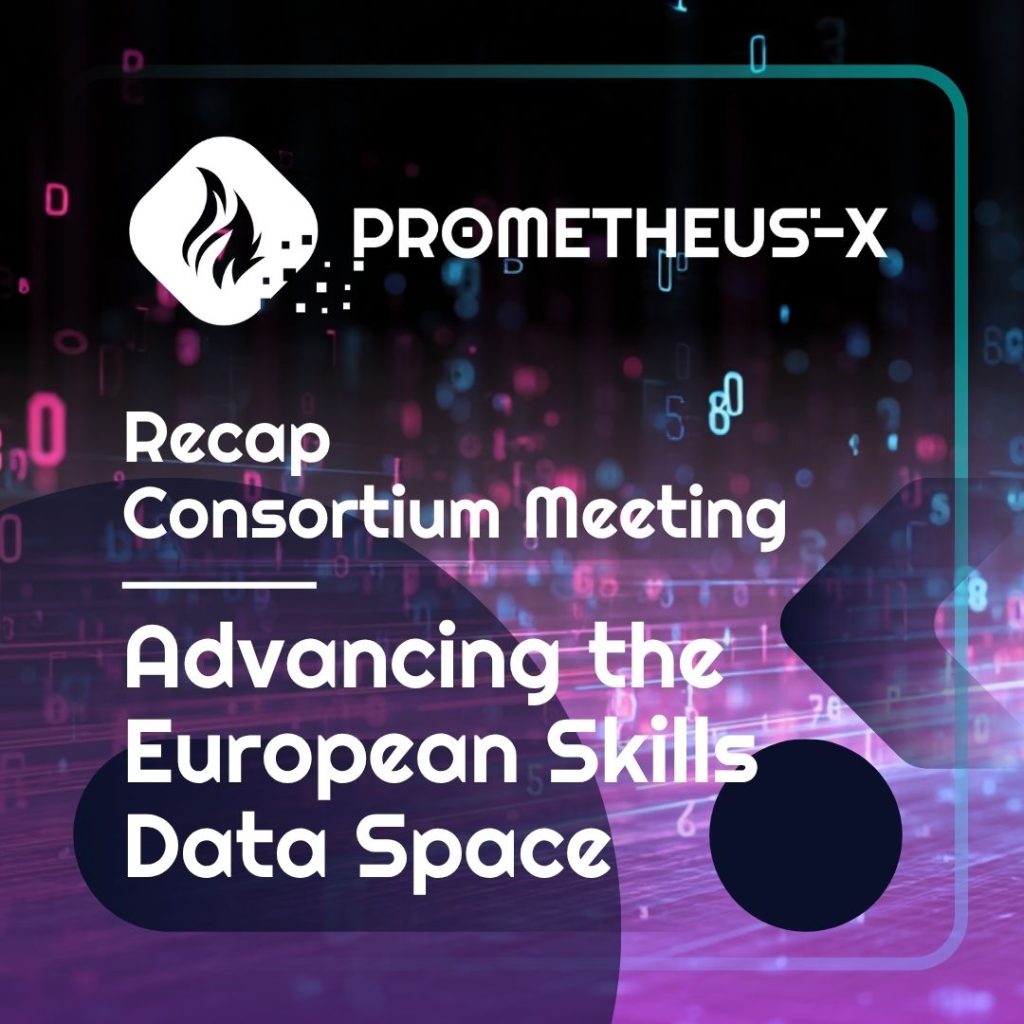Building Blocks
Making Skills Data Work Across Borders: Introducing the Edge Translator
The Edge Translator Building Block plays a pivotal role in enabling organizations to seamlessly transform their data into standardized models. That makes it easier for them to integrate with various services and data ecosystems, especially within the European Dataspace for Skills. Edge Translator is a smart tool that automatically translates and aligns different data models and languages into a shared standard. It can work either on an inhouse SaaS platform or any other customer premises or on servers, depending on the situation since it’s built to be flexible, efficient, and powerful.
In today’s world, skills data is everywhere – from online learning platforms to job applications and training programs. But here’s the challenge: different countries, organizations, and systems often describe the same skills in very different ways. This makes it hard to compare, share, or reuse this information across borders. That’s where the Edge Translator comes in.
Developed as part of the Prometheus-X initiative, the Edge Translator is a digital tool designed to help organizations standardize and translate skills data, so it can be understood and used across different systems, countries, and languages.
Who Can Use It?
The Edge Translator is built for anyone who works with skills data – whether you’re:
- A government agency planning workforce development,
- An education provider wanting your course outcomes recognized internationally,
- A recruitment platform helping match people to jobs across Europe,
- Or an international organization working across countries and languages
Why It Matters
Think of it like this: Imagine a French job candidate takes an online test, and one of the results is a skill called “Intégration au groupe” (team integration). But the company reviewing the results uses a European skills database called ESCO (European Skills, Competences, Qualifications, and Occupations), and this specific term doesn’t match anything there.
The Edge Translator steps in to translate and align that local or custom skill into the ESCO format, helping the hiring company understand what the skill means, find the closest match, and integrate it seamlessly into their system.
To better illustrate how this works, let’s explore a practical use case scenario:
Company_1 uses the English ESCO framework to hire staff. When a French candidate (employee_1) completes an online skills test using custom French terms (like “Intégration au groupe”), the results don’t match ESCO standards. Edge Translator steps in to convert these custom terms into standard ESCO skills. It:
Finds the closest ESCO match.
Ranks and selects the best fit.
Delivers the result in a structured, ready-to-use format (e.g., JSON-LD with ESCO skill IDs and labels).
This lets Company_1 easily integrate the data without manual effort.
Who Benefits?
- Recruiters & HR teams: Easily compare and use skills data from around Europe
- Education & training providers: Make sure students’ skills are recognized in other regions
- Government agencies: Standardize data for better planning and employment services
- Healthcare & industry: Support cross-border recognition of skills and qualifications
- Consulting firms & tech providers: Deliver smarter, data-driven services across regions
What’s Next?
A first version of the Edge Translator was tested in late 2024. The final version will be ready in May 2025, and real-world use will begin soon after. From then on, any organization with skills-related data can start using the tool to translate and align their information – unlocking better cooperation, smarter hiring, and more efficient services across Europe.
Have you read the interview with development lead László Gönczy? Follow the link and read it now!
What are Building Blocks?
Prometheus-X’s “Building Blocks” are open-source, modular components designed to facilitate the creation of secure, interoperable, and human-centric data spaces, particularly in sectors like education and skills. These building blocks support both personal and non-personal data management, aligning with European data strategies and regulations such as GDPR.




